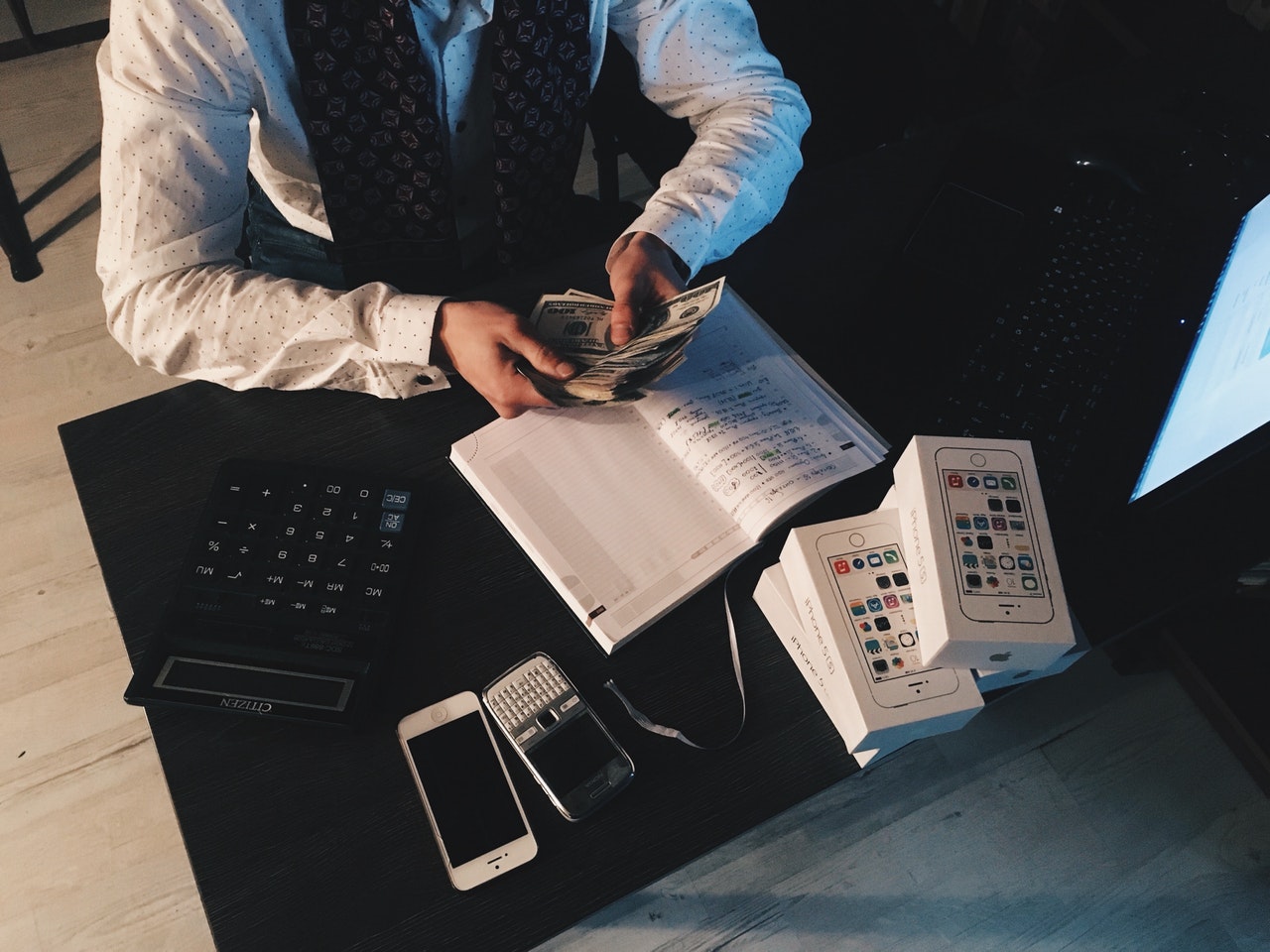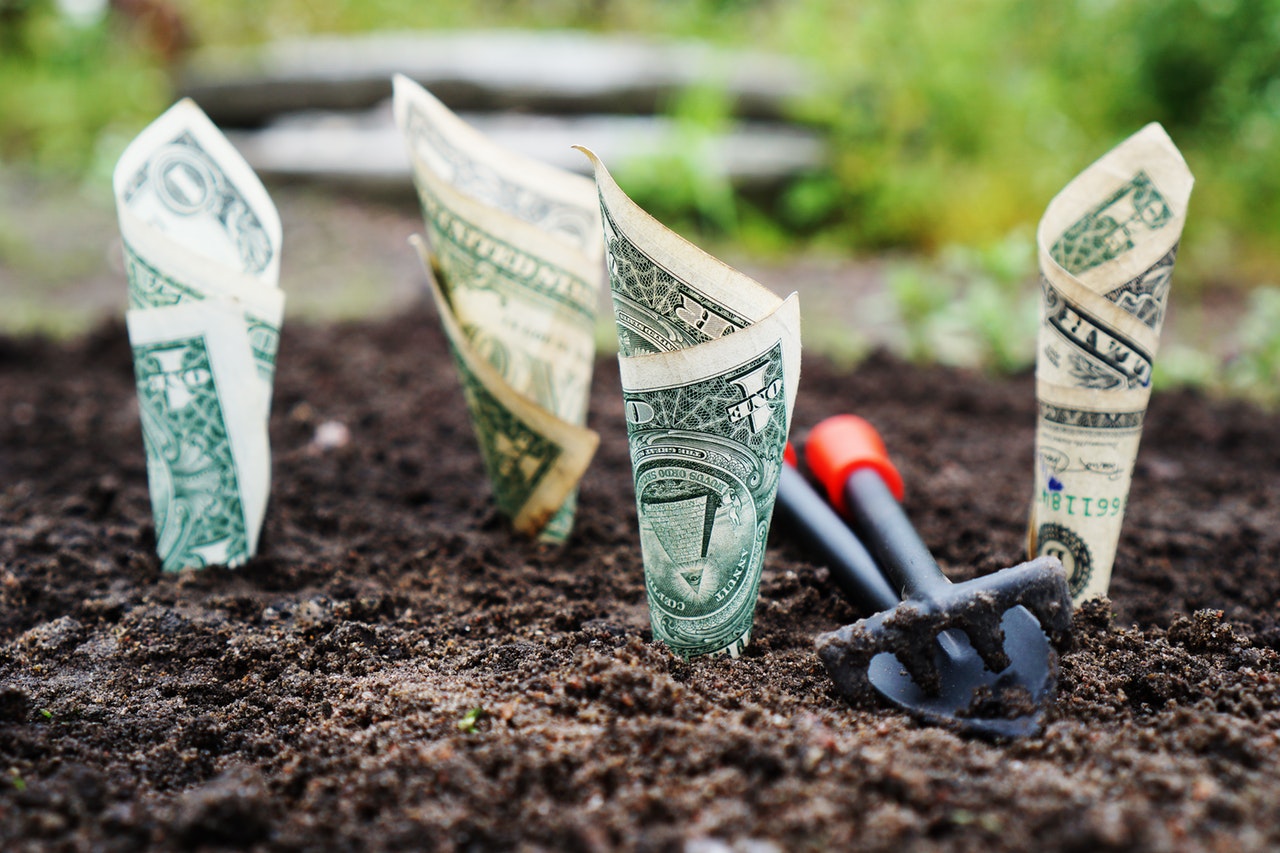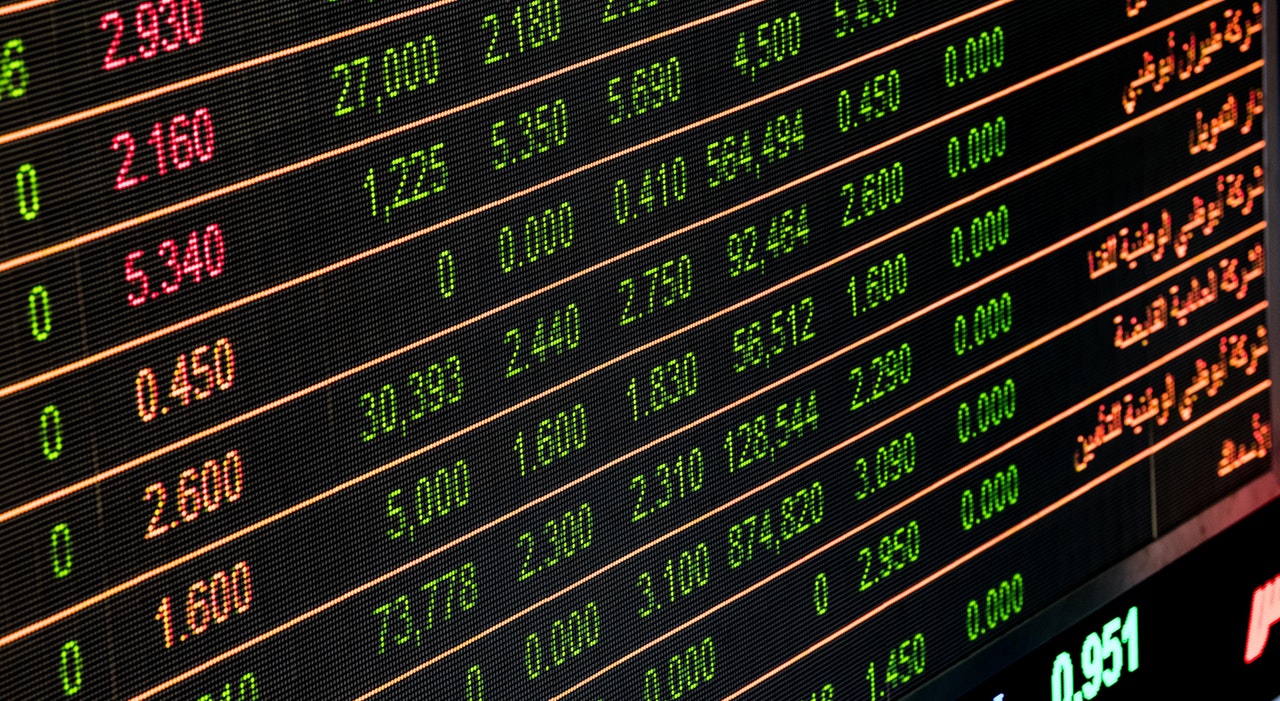Time To Get ‘Responsible’ With Money & Finance?
A lot of us are taking a more ethical approach towards many different things in life these days. Recycling, reusing, and choosing specific businesses that match our personal feelings about the environment and green issues are slowly becoming the norm. But there’s one area that the vast majority of people are lagging behind in – a more ethical, responsible way of using, borrowing, and investing money. The trouble is that ‘money makes the world go round’ is a little outdated right now, for a few different reasons.
First of all, when you take a look at the banks and major lenders of the world, it’s fair to say that some of their customers aren’t necessarily people you would buy from. It might be the companies with unsustainable business models that are destroying vast swathes of the planet’s rainforests. Lenders could be funding huge, multinational corporations that are investing in fossil fuels, animal testing, or partake in tax avoidance.
Banks have also been pulled up on their involvement in criminal activity around the world, too. Ultimately, whether you’re depositing your personal or business savings into an account like this Atmos high-yield nonprofit savings account, for example, you want to know that your money is going to be used for good causes that you support, rather than funding those you abhor.
The big question is, what steps should you take to ensure you are borrowing from the right lenders, saving in the right banks, and investing in the right companies? In this post, we’ll explore everything you need to know about finding a sustainable bank. Read on to learn more about making responsible financial decisions and managing your money wisely.

Responsible borrowing
It’s important to understand the impact of borrowing money,. Every time a lender releases some money to you, they will eventually make a profit, and you want to know where that money is going, right? Unfortunately, it can be incredibly difficult to track and trace the correct information, as banks and lending institutions are, naturally, keen to keep their dirtiest laundry away from public viewing.
The good news is that there are plenty of alternatives when it comes to borrowing money from responsible sources – you just have to scratch around a little deeper than you would normally. First of all, why not borrow from family or friends? If, say, they have money in a savings account that is paying a small amount of interest, you could offer them a better deal than they are getting already. As entrepreneur.com points out, your family or friend gets more back from you than they currently get from the bank, and you get to borrow at a rate you won’t find anywhere else. Not only that, of course, but you will be removing funds from the lender, and putting them to better, more ethical use. It’s a win-win situation on multiple fronts.
Crowdfunding and peer-to-peer lending is an option, too. The former is best for raising money for business ideas, while the latter is a growing trend with everyone from business owners to private borrowers. While you can’t guarantee the source of those funds, you are effectively borrowing from a large pool of private individuals who, by themselves, don’t have the power to really wreak havoc on the planet, exploit populations, or involve themselves with unethical practices.
A final option is to look at your local credit union. If you visit altanafcu.org, for example, you will see that part of the ethos of credit unions is to get communities to work together and give each other support. In a credit union, the members take ownership, and they are run as a nonprofit – all the money and interest raised from the use of the service goes to other members in the form of loans, for instance. It means that you have the chance of having a greater say with what happens to the union’s money than you could possibly have being a customer of a banking giant.

Responsible saving
It’s important to remember that when you save money in banks, the deposits you make are used to generate profits for the lender – and you can never be certain of how that happens unless you have guarantees. And the simple truth is that these days, with interest rates so low, it’s never been a better time for consumers to decide where they want to put their money. There are plenty of ethical savings accounts out there these days, but it’s not easy to go about finding one that suits your personal feelings on responsibility. We’re not saying that every big lender is involved in unethical practices, either, but there is no doubt that this way of saving is going against the grain when it comes to American consumers.
One of your best bets is to take a look at one of the new, community development banks that are springing up these days. Take the Urban Partnership Bank in Chicago as an example. The interest they raise goes straight into lending money for developing local communities, which can really make a difference to people’s daily lives in more ways than one. Whether it’s helping low-income families get on the housing ladder or getting valuable funds to start a business, there’s no denying the positive impact community banking can have.
It’s not just the benefactors of your savings that you should be thinking about, either – it’s also the environment. A lot of banks invest money into fossil fuel, and if you use one of them, you have to live with the fact you are funding it, too. So, start looking for a bank that is displaying lots of noise about their eco-friendly principles. You’ll often find that lenders like these – including New Resource Bank and One Pacific Coast – pump their money into clean energy projects rather than the usual fossil fuel industries.
That said, there is a genuine scarcity of eco-friendly and ethical banking choices in America. In comparison to Canada and Europe, you don’t have much of a choice – so you could even consider putting your savings into a foreign account., It can be tricky, of course, and there is a broad range of tax and regulatory implications you need to be aware of. But at least it gives you a bit more choice than you get by focusing only on ethical saving in this country.

Ethical investment
Of course, another way to save is to invest. And the good news is that there are far more choices for responsible investing in America than there are for putting your money away in a savings account. With so many social, ethical, and environmental issues incredibly prominent these days, finding investments opportunities that address these problems is a fantastic way of getting your money working as hard as possible for you. There’s plenty of options, too, as so many modern companies rely on a sound ethical code – it’s a big part of their reputation, and things like consumer protection, board diversity, and sustainability are hot topics in the corporate world.
The figures support this growing trend, too – according to reports, over $3 billion was invested in businesses that take environmental, social, and corporate governance responsibilities (known as ESG) seriously, and sustainable investment had a market size of over $8.5 trillion – a growth of over a third since 2014. It’s clear that this particular field is booming, so if you can’t find a safe – and ethical – place for your savings, it might be worth investigating.
You do, however, have to be careful. Despite the massive boom in ethical investments, the simple truth is that not all investments are actually noble. A recent report suggests that this could be down to ‘green halo’ marketing – which, basically, is companies making claims about their green credentials, but without having a huge amount of meat on the bones. So, it’s essential to ensure you research your potential investment thoroughly, to ensure your money is going to the right place. The problem lies in the fact that there aren’t any agreed definitions on what ethical, sustainable, and socially responsible investing actually means. We get the general gist, of course, but a company could claim they are reducing carbon emissions by 50 percent, but still, be pumping out tons of pollutants on a daily basis.
And make no mistake about it, due diligence can be incredibly difficult to perform. There will be investments you make that turn out to be a mistake when you later find out that things weren’t quite as they seemed. However, by really focusing on managing with a particular company – by getting involved as a stockholder or taking your money away when you find out there is an ethical issue – it’s possible to make a difference.
Conclusion
Ultimately, it’s hard to ensure you are definitely investing, saving, or ethically borrowing money. However, with a lot of reading and plenty of due diligence, it’s possible to find the right places to deal with your finances. It’s up to you where you put your money, of course, but given that ethical finances are a growing trend – albeit a slow one – perhaps it’s time to get involved.




